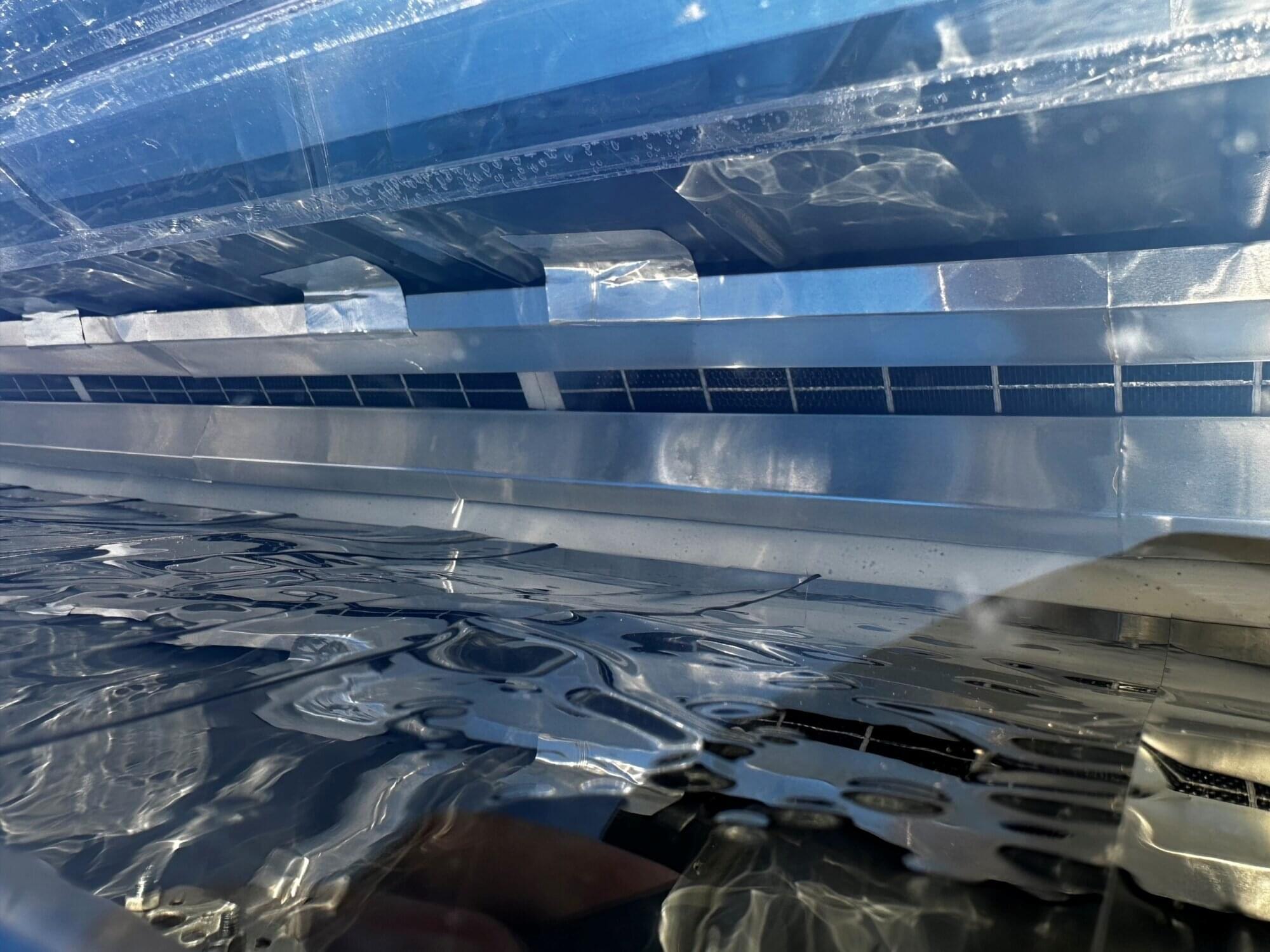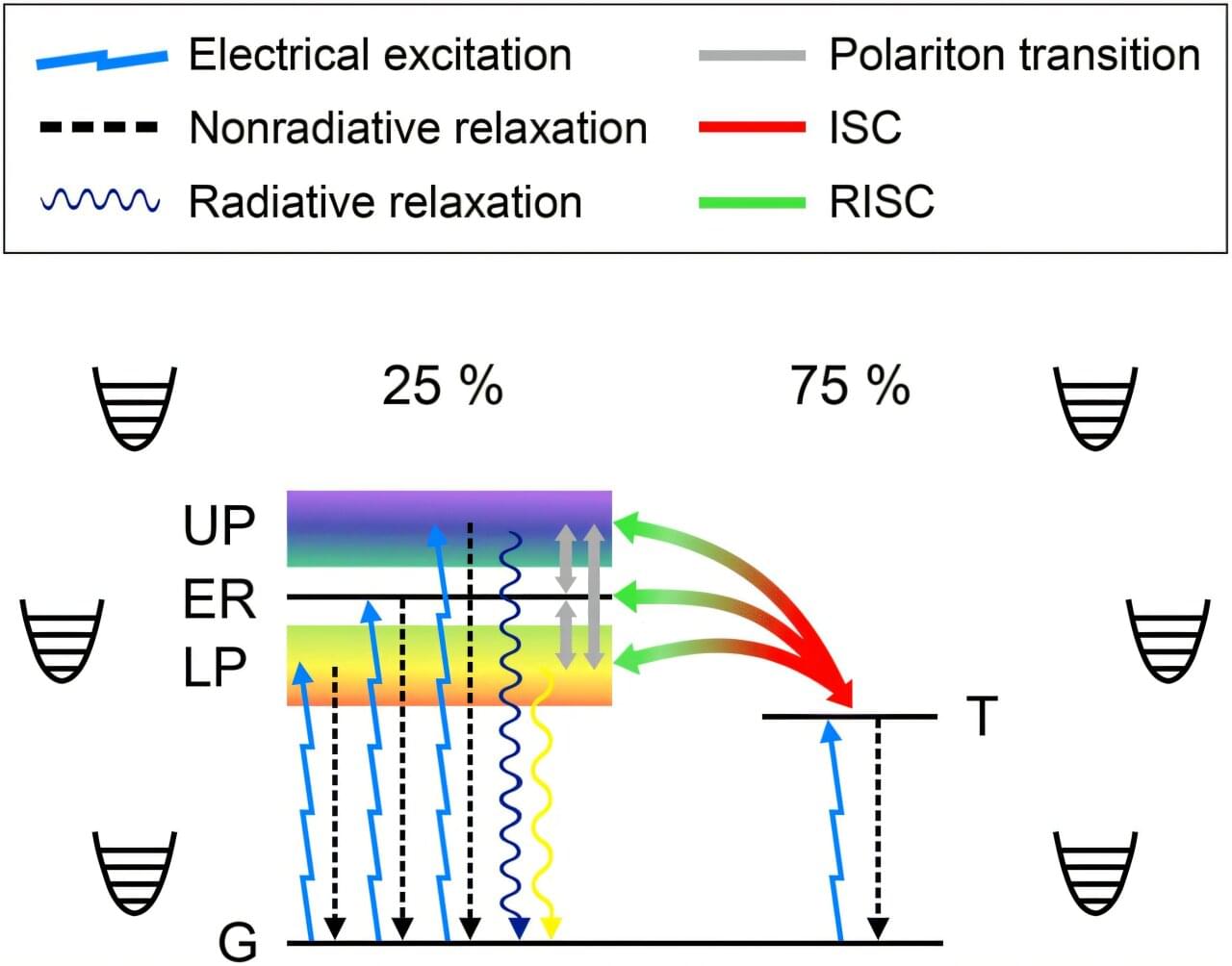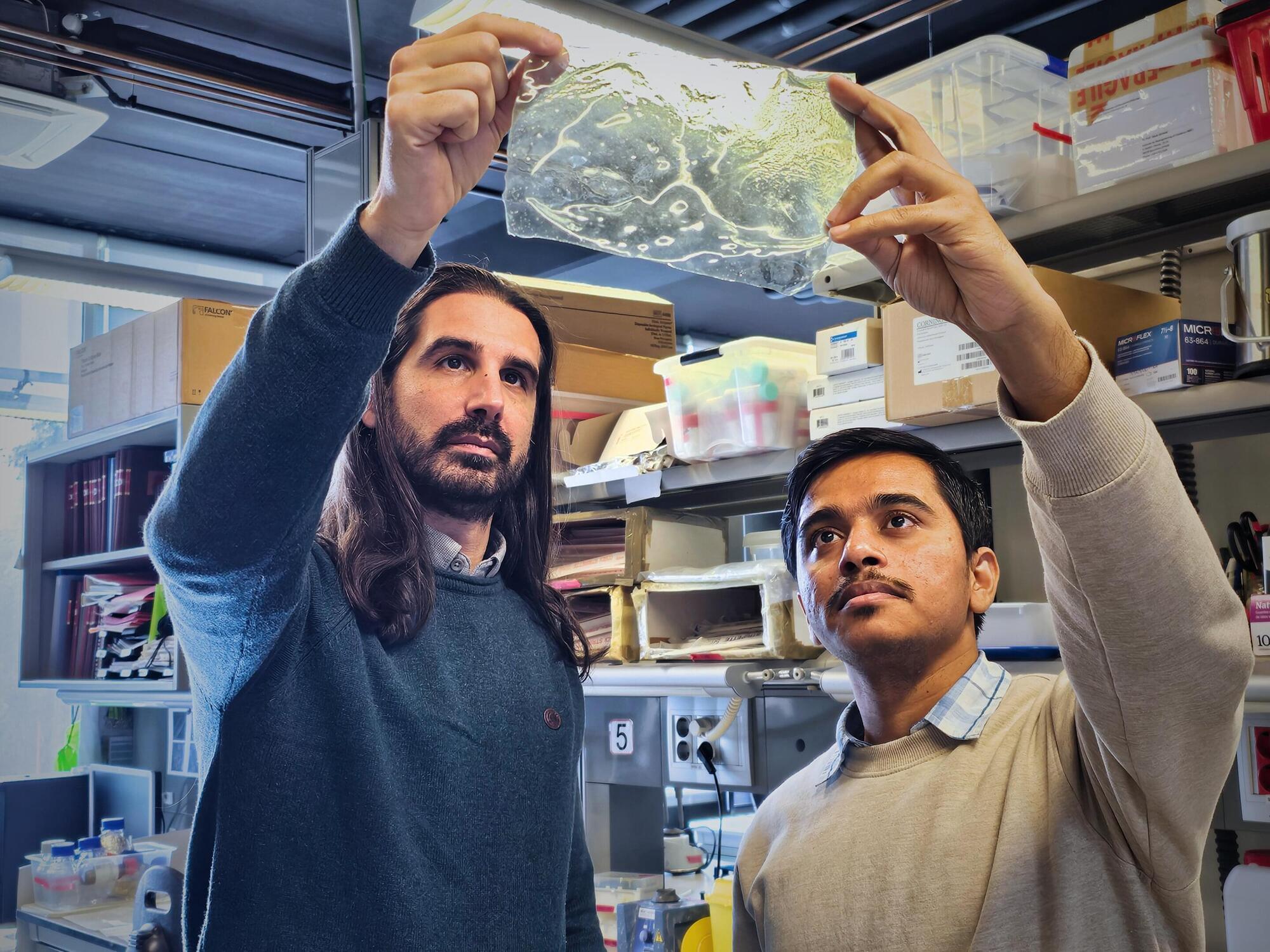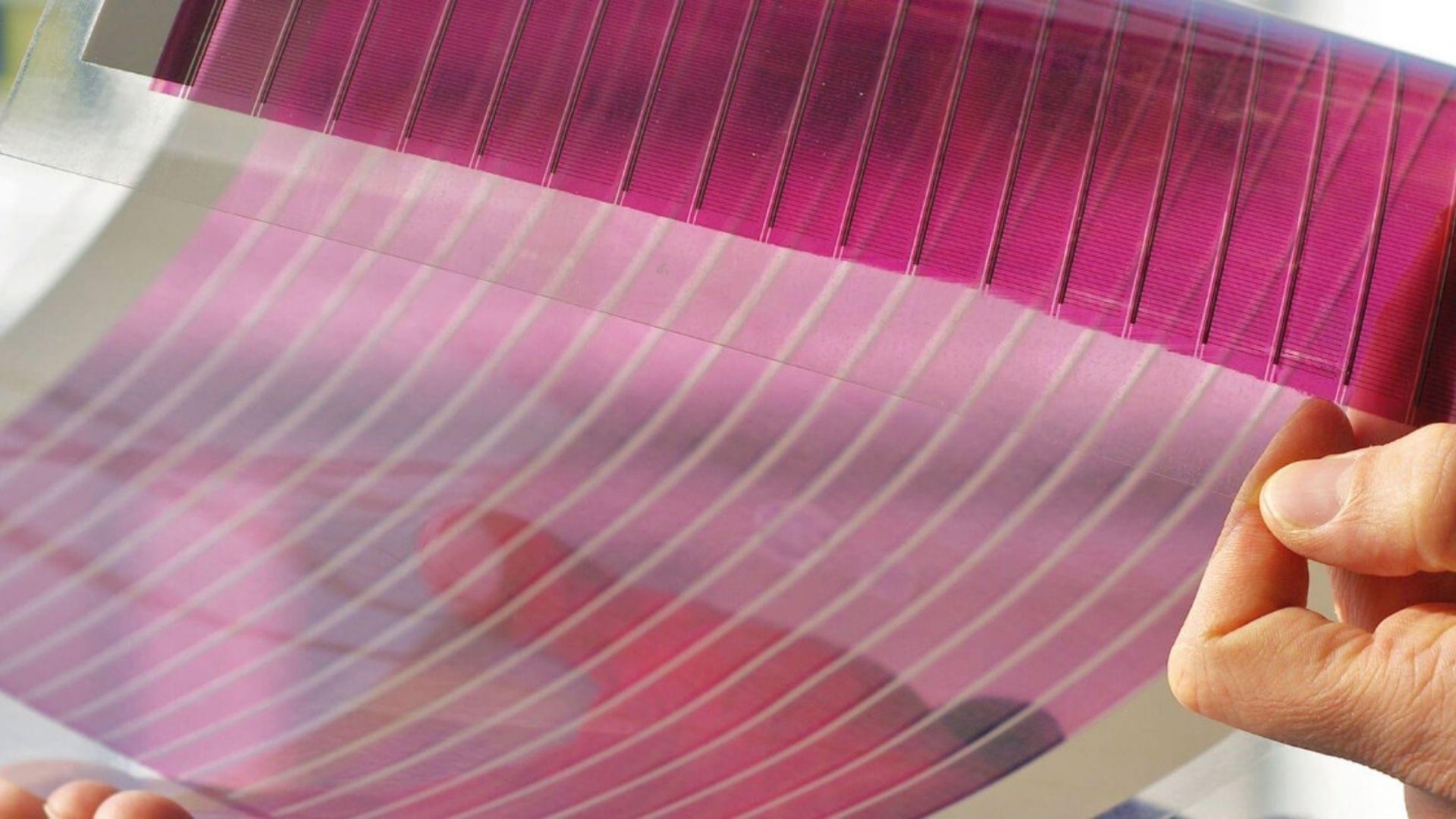Most microbes aboard the International Space Station can extract valuable metals like palladium from meteorite material in microgravity, showing potential for sustainable space resource mining.
How can microbes be used to help enhance human space exploration, specifically on the Moon and Mars? This is what a recent study published in npj Microgravity hopes to address as a team of scientists investigated how microbes could be used to harvest essential minerals from rocks that could be used to enhance sustainability efforts on long-term human missions to the Moon and Mars. This study has the potential to help scientists develop new methods for improving human spaceflight, which could substantially alleviate the need for relying on Earth for supplies.
For the study, the researchers sent meteorite and microorganism samples to the International Space Station (ISS) where astronauts conducted a series of experiments to ascertain how microorganisms could harvest essential minerals, specifically platinum and palladium, from the meteorite samples. Concurrently, the researchers also conducted the same experiments on Earth to compare the results under microgravity and terrestrial environments.
The goal of the study was to ascertain whether microorganisms could be used on future long-term space missions to harvest precious metals for construction of space habitats. In the end, the researchers and astronauts found that the microorganisms not only successfully extracted metals like palladium and platinum but also had minimal fungal residues typically that results from such processes. This lack of fungal residue was found to be more prevalent under microgravity conditions.








